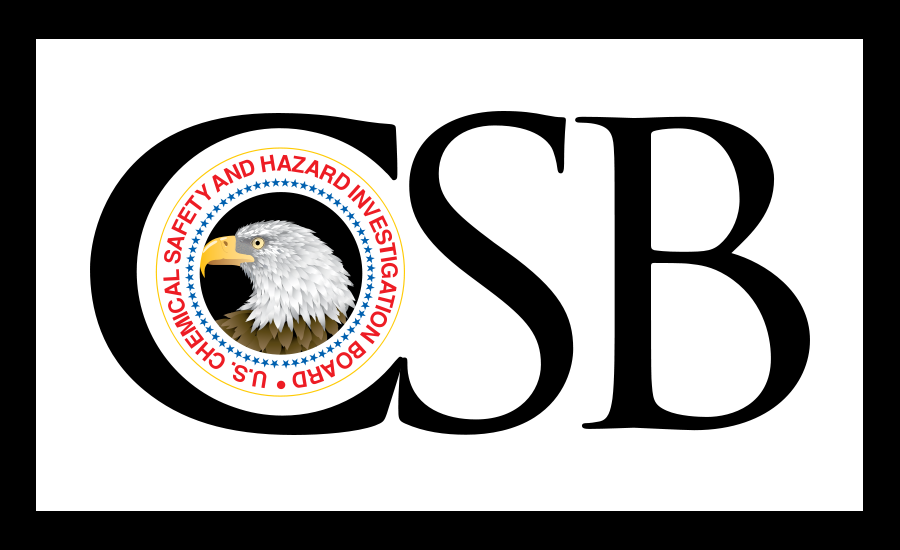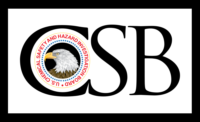The U.S. Chemical Safety Board’s decision to reverse a policy of including the names of workers killed in the incidents it investigates is drawing fire from safety advocates. In a letter to the CSB, more than fifty organizations and individuals demand that the agency reinstate its policy of naming the fatally injured workers in its reports – something it had previously done since 2014. The CSB stopped the practice recently because doing so “may infer culpability on the part of the entity responsible for the operation of the facility where the incident occurred,” according to a spokesperson.
The CSB’s most recent report, about a fatal gas well blowout in Oklahoma, does not mention the workers who died in the blowout: Josh Ray, Mike Smith, Cody Risk, Parker Waldridge, and Roger Cunningham.
The letter, was signed by representatives of National COSH, American Federation of Government Employees; PhilaPOSH; International Chemical Workers Union; WisCOSH; Fe y Justicia Worker Center; United in Support and Memorial for Workplace Fatalities; occupational safety and health and public health educators from SUNY Downstate and UMass Lowell and occupational safety and health professionals, such as Celeste Monforton, DrPH, MPH.
Not statistics
From the letter: “A dedication page with the names of victims of fatal chemical safety incidents is a simple, but powerful fact that these individuals are not statistics. They were husbands, sons, fathers, and co-workers whose deaths were preventable.”
Peter Dooley, safety and health project consultant for National COSH, said the reports are valuable because they show why chemical accidents occurred and how to prevent them in the future.
“But the whole point of these investigations is to document the facts and make recommendations to save lives. Workers who die on the job have names, faces and families. Leaving out these basic facts makes a report less accurate and fails to communicate what is at stake when proper safety programs are not implemented in workplaces.”
"Censoring the names of the dead"
Monforton, a lecturer in public health at Texas State University and a member of the panel that investigated West Virginia’s 2010 Upper Big Branch mining disaster - which claimed 29 lives – said that including all the facts about chemical incidents –with the names of workers who have died – does not change the findings of a CSB investigation.
“These documents are official government reports and the victims’ names must be part of the historical record of these catastrophic events,” said Monforton. “Censoring the names of the dead makes the record incomplete.”
The letter urged the CSB to amend its report on the Oklahoma gas well blowout to include the names and photos of the five men who were fatally injured incident, and to adopt a written policy that will ensure that the names and ages of fatality victims be included in its investigation reports going forward.
To participate
Advocates plan to address the issue during the next scheduled public meeting of the CSB, which takes place on June 25th at 10 AM EDT, at 1750 Pennsylvania Avenue, NW, Suite 910 in Washington DC. Members of the public from other locations can participate in the CSB meeting by calling toll free: 1-888.517.2470, pass code 6466 864#
National COSH maintains a U.S. Worker Fatality Database -- with names of workers included when available -- to make factual information about workplace fatalities available to the public.


